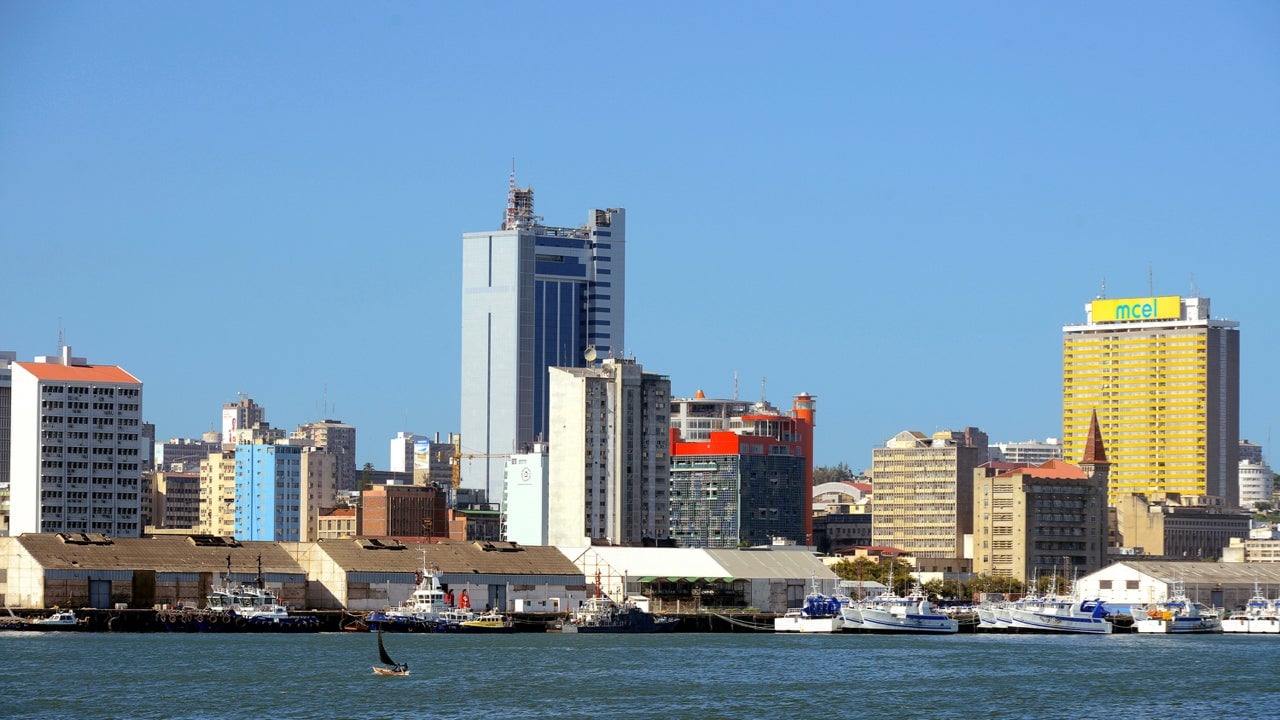Africa’s cities are no longer just stopovers on the way to a safari
In the global imagination, Africa’s cities are usually limited to safari stopover or the site of compounded suffering. Now, one of the advantages of increased investment on the continent is that more business travellers are jetting in, and they’re growing tired of the hotel’s bland buffet.


In the global imagination, Africa’s cities are usually limited to safari stopover or the site of compounded suffering. Now, one of the advantages of increased investment on the continent is that more business travellers are jetting in, and they’re growing tired of the hotel’s bland buffet.
The African City Guide was created for travellers who want to get out of their chain hotel and is one of a growing number of guides to urban Africa. The founders wanted visitors to be able find out more to a city than their conference centers, vacation resorts or tourist-friendly open markets.
The site offers curated recommendations of what to see, eat and do, relying on insiders. In the search for experiences, it seems everything from playlists to ice-cream flavors are now “curated.” In Africa, however, the novelty of the curated experience isn’t about to wear off because of the negative public image of the continent that still prevails.
“It’s a combination of the humidity rush that welcomes you, the smile on everyone’s faces, despite what hardships life has thrown at them,” says “insider” and entrepreneur Guiyani Monteiro, on why she wants to share the Mozambican capital Maputo with the rest of the world.
Maputo, like several other African cities, was better known for bullet scarred buildings and hotels abandoned during the civil war. The war has been over for nearly three decades now, but the city struggles to change its popular image.
Beachside restaurants offering local and international cuisine shouldn’t distract from the fact that prevailing inequality means that some parts of the city still don’t have running water. That’s true for most African cities, but a more nuanced image of urban Africa helps to integrate the continent’s cities into the global economy.
Locals know this, and increasingly, so do tourists. It’s why sites like Visiter L’Afrique and Tastemakers Africa have become popular by sharing spots that are hidden in plain sight, using locals as digital and in-person guides. It’s this search for an authentic local experience, mostly by millennials, that has driven Airbnb’s growth in Africa. Still, much of the narrative around exploring African cities has the patronizing tone of surprise.
“Why should it surprise you that these cities have something to offer?” asks African City Guide co-founder Eva Shuman.
Sign up to the Quartz Africa Weekly Brief here for news and analysis on African business, tech and innovation in your inbox.